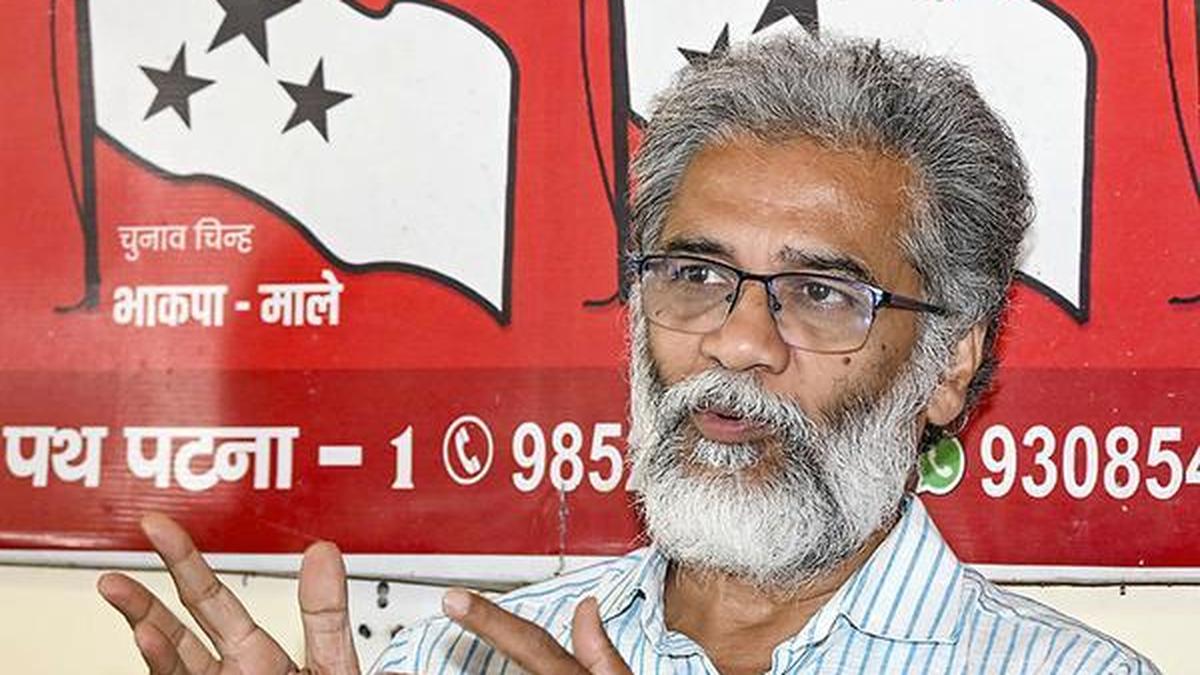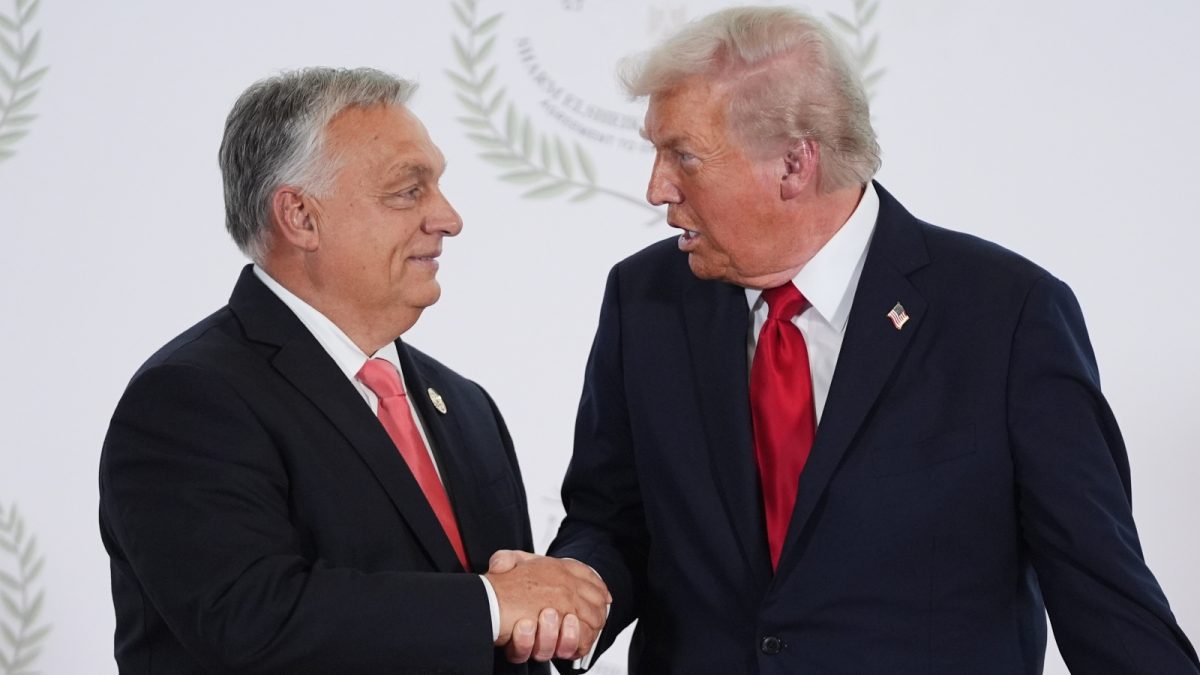ARTICLE AD BOX
Last Updated:November 16, 2025, 16:32 IST
The court has sought clarity on specific grounds for the withdrawal and will take up the matter in December, a hearing that will be closely watched by legal and political experts

Mohammad Akhlaq was killed by a mob on suspicion of cow slaughter in September 2015; (right) the Dadri lynching case had triggered nationwide outrage. (Image: AP/Sourced)
Ten years after the Dadri lynching case shook India’s collective conscience, it is making headlines yet again: this time as the Uttar Pradesh government has withdrawn charges against the accused.
For the family of Mohammad Akhlaq, who was killed by a mob on suspicion of cow slaughter on September 28, 2015, the news is a reminder of a night that changed their lives forever.
“It feels like his death never mattered," said a close relative, requesting anonymity, as the family declined detailed comment given the political sensitivity surrounding the case.
The state government’s decision to file an application under Section 321 of the Criminal Procedure Code (CrPC) before a Greater Noida court has opened a sensitive debate: why is a lynching case that once dominated national discourse being considered for withdrawal, and what does it signal politically just months before the next major round of elections?
The court has sought clarity on specific grounds for the withdrawal and will take up the matter in December, a hearing that will be closely watched not only by legal experts but also by political observers who recall how the Dadri incident shaped the narrative around mob violence a decade ago.
Akhlaq, a resident of Bisada village in Dadri, was killed by a mob on the night of September 28, 2015, on suspicion of cow slaughter — an allegation later found to be baseless after multiple inquiries. His son Danish was grievously injured but survived.
The case had triggered nationwide outrage, with debates on rising mob vigilantism, communal polarisation, and the role of politics in manufacturing narratives around food and identity. Over the years, however, prosecutions slowed, key witnesses turned hostile, and the case seemed to fade from mainstream political memory.
Now, with the state seeking to withdraw charges, the legal and political implications are resurfacing. Legally, Section 321 of the CrPC allows the government to withdraw prosecution “in the interest of public justice", but courts have repeatedly ruled that such withdrawals must be supported by concrete and defensible reasons.
Former judges have noted that communal violence and mob lynching cases fall in a category where withdrawal demands exceptional scrutiny, as they deal with collective culpability and the state’s responsibility to uphold the rule of law.
“Withdrawal cannot be a political convenience; it must pass the test of justice," a retired judge, who once oversaw similar cases, said.
Politically, the timing is significant. With the state approaching a hyper-charged electoral season, observers said the move may be aimed at consolidating a particular voter base in western Uttar Pradesh, where cow-protection sentiments continue to have resonance.
The Dadri case had once polarised the region; reviving it in the context of withdrawal could again activate political messaging, especially in rural belts where the memory of the incident remains embedded in local narratives.
Within Bisada village itself, fault lines have quietly appeared. While the accused have long been out on bail and supported by local leaders, there remains a clear divide between those who see the withdrawal as a “closure long overdue" and those who fear it will embolden vigilante groups.
Residents said the village never fully healed. But some continue to insist Akhlaq was guilty despite official reports disproving the allegation; others prefer silence, saying “peace is more important than reopening old wounds".
For Akhlaq’s family, the withdrawal application is a painful reminder that the justice system has rarely worked in their favour. After relocating for safety, they withdrew from the public eye seeking anonymity and protection.
Danish, who suffered severe head injuries, continues to avoid the spotlight. For them, the revival of the case is not about politics but about dignity.
“Even if justice was delayed, we hoped it would not be denied. Now it feels like they want to pretend nothing happened," a family acquaintance said.
Legal experts, however, warned that allowing withdrawal in such cases could set a precedent for similar cases across India, where mob violence trials have been weakened by political pressure, witness intimidation, or local polarisation. They pointed to earlier instances where state governments attempted to drop charges in riot or communal violence cases, only to be stopped by the courts citing lack of public-interest justification.
If the court rejects the withdrawal application, it may reaffirm judicial standards for accountability in mob lynching cases. If it allows it, the decision may prompt demands for reforms in how such crimes are investigated and prosecuted.
As the court prepares to examine the government’s plea, the Dadri lynching case once again stands at the uncomfortable intersection of law, politics, and memory. For the family that lost a husband and father, it is a question of whether justice can survive the pressures of electoral strategy.
Location :
Dadri, India, India
First Published:
November 16, 2025, 16:32 IST
News india 'Closure' Or Electoral Strategy? Why UP Wants To Withdraw 2015 Dadri Lynching Case That Shook India
Disclaimer: Comments reflect users’ views, not News18’s. Please keep discussions respectful and constructive. Abusive, defamatory, or illegal comments will be removed. News18 may disable any comment at its discretion. By posting, you agree to our Terms of Use and Privacy Policy.
Read More

 1 hour ago
4
1 hour ago
4








 English (US) ·
English (US) ·